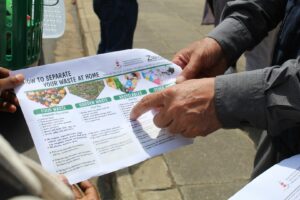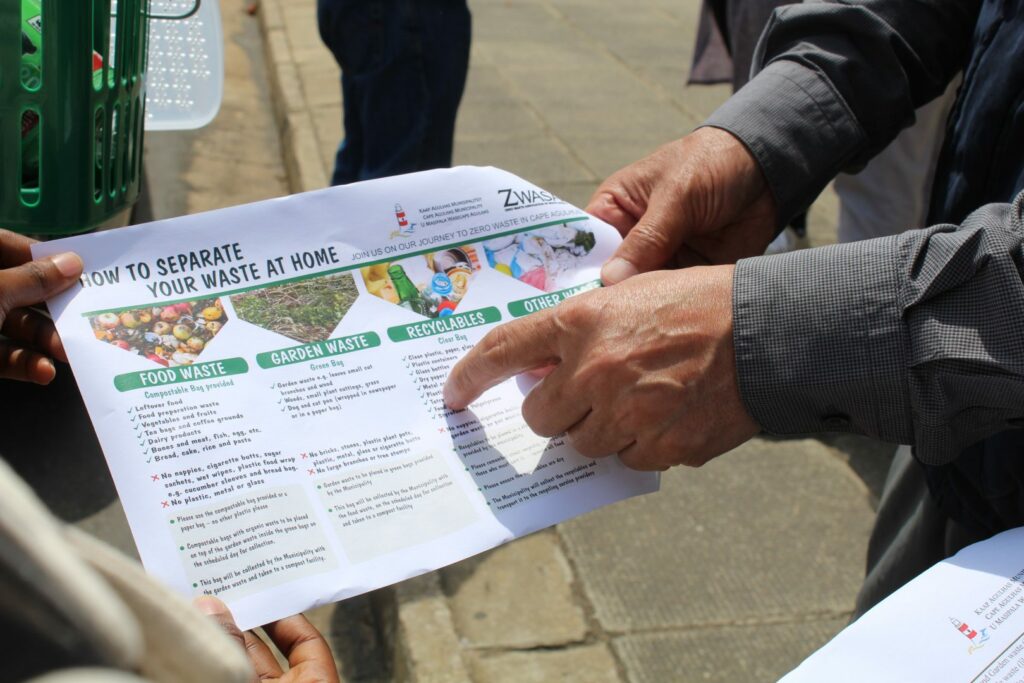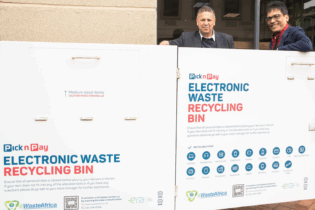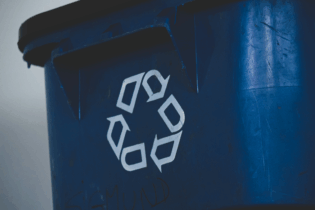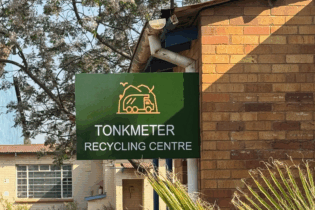Roads filled with trash, the wind blowing truckloads of styrofoam across the highway, idyllic beaches with single-use turtle-choking plastic and overflowing landfills. The last resort is incineration and while the current reality looks dim, there are options.
The problem
South Africa believes in service delivery for all, but in the real world, it operates on a tiered system. If you live in a suburban setting your rubbish gets collected, if you live in in rural areas, townships, informal settlements or city centres your rubbish will pile up. Waste affects everyone but it affects the poorest most of all. In fact landfills are often close to impoverished areas, and the USA’s National Centre for Biotechnology Information performed a study in South Africa that showed 56% of people who live near landfills feel that their long-term health is severely compromised.The solutions
There are those who not only envision a better future but are investing and inventing a better future. The Zero Waste Association of South Africa, (ZWASA) who are supported by the DG Murray Trust, are showing their vision for an environmentally just South Africa in practice. ZWSA are testing a zero-waste initiative in Bredasdorp, falling into the Cape Agulhas Municipality. The aim is to dramatically decrease the amount of organic waste going to landfills annually. ZWASA is working towards making Bredasdorp the first zero-waste town in the country. This vision is divided into three segments. Number one separation of waste at the source alongside composting. “Separating organic waste at home for composting is an efficient way to reduce methane gas emissions at landfills; methane is a powerful greenhouse gas produced when organic waste decomposes and is contributing to global warming and climate change,” explains Keith Roman, Director of ZWSA. This separation at the source is estimated to reduce methane emissions of landfills by a staggering 62% and coupled with composting which allows for community farming this is a win-win solution.The next segment is social incentives. Strengthening recycling jobs, or offering communities buy-back options can increase participation in zero-waste initiatives. Community clean-ups strengthen community bonds and increase pride in the physical space the community lives in. A living example of this is the Soulbent project which operates in Saulsville in Tshwane. Communities clear illegal dumpsites with the aid of volunteers and once the site is cleared a vegetable garden is built in its place.
Another example is the Earthly Touch Foundation which builds classrooms in Diepsloot. They have used 60,000 “eco-bricks” which are made by compacting plastic inside of 2-litre bottles. The third segment is ensuring the promised service delivery takes place in the first place. All for one, one for all The takeaway is that as an individual you can exercise your power to do better, but through community systemic change is not only possible but practical. Communities coming together through guided, and practical initiatives have shown to be effective. *These projects are funded by the DG Murray Trust who invest in many social change projects.

